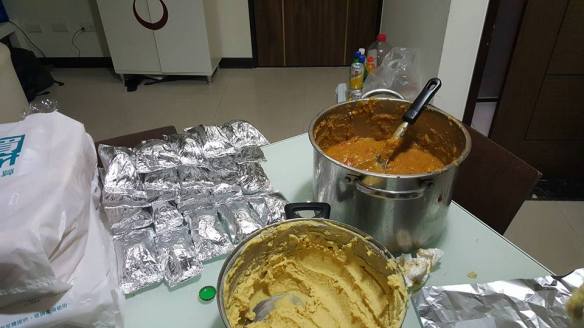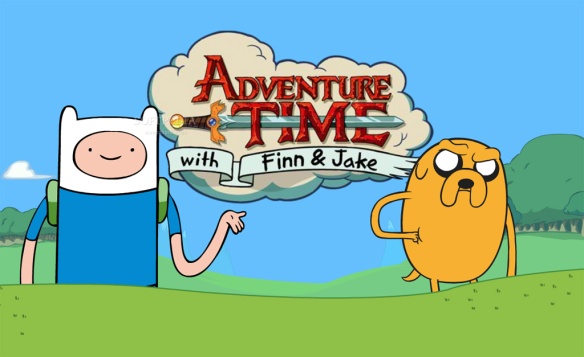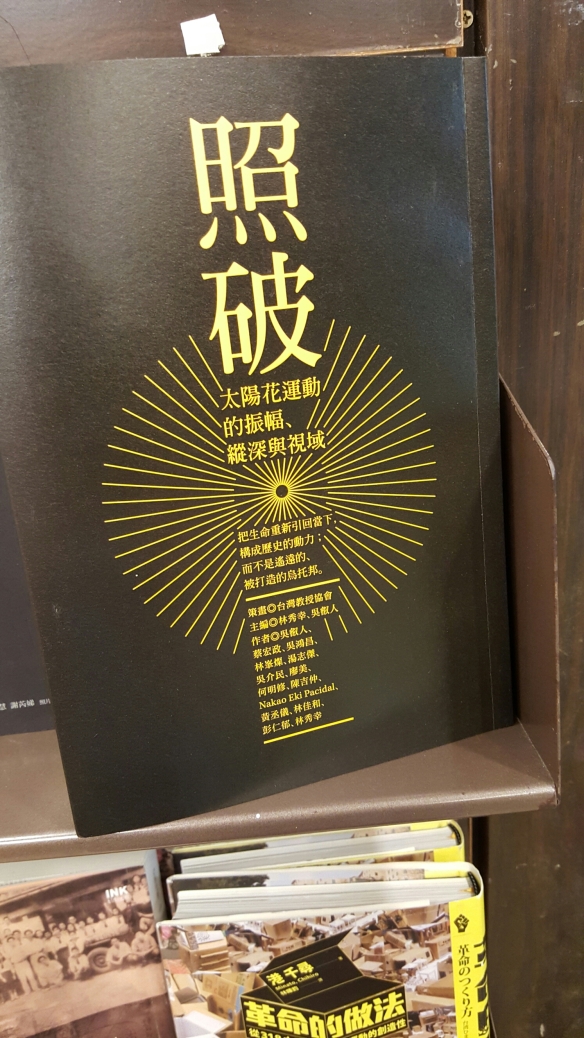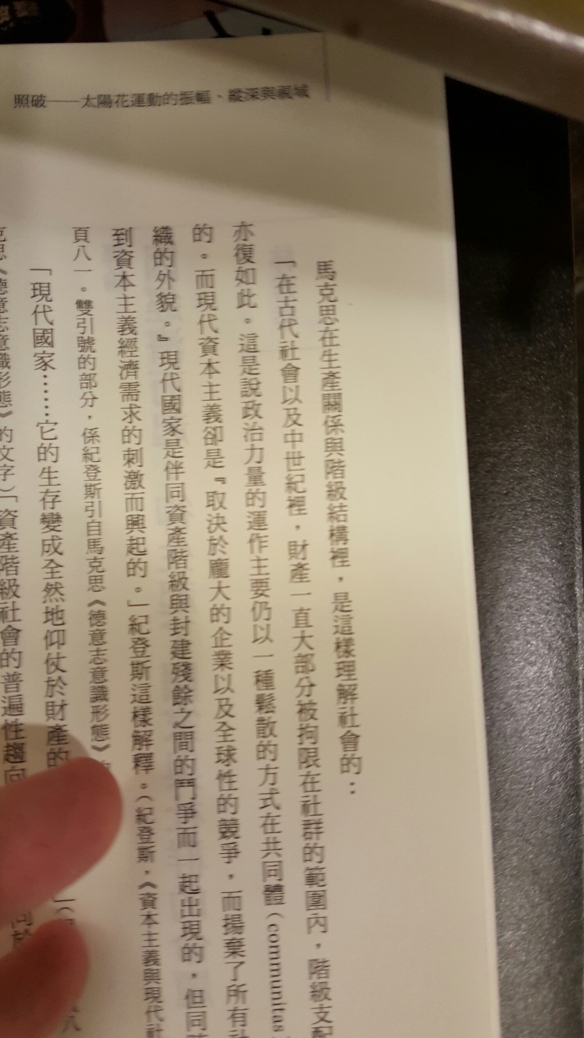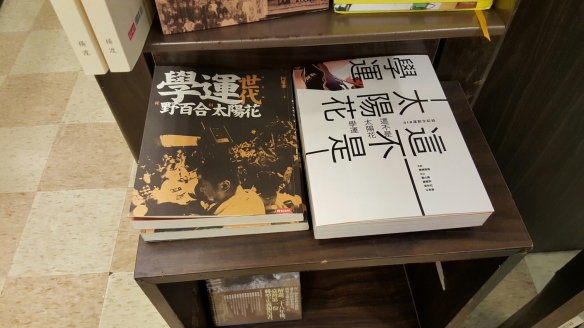
蝦子 (Shrimp/Prawn) – Keep the body, throw away the head
A Taiwanese friend was talking to me about an upcoming pool party when all of a sudden he said something along the lines of 「會去那邊的人一定都是蝦」 “Everyone who goes there are shrimps”. I asked him what he meant and he said that in Taiwan people generally use the term 「蝦」(xia1/ㄒㄧㄚ) or 「蝦子」 (xia1zi5/ㄒㄧㄚㄗ˙) to describe a guy with a ripped body (with the ribbed abdomen of a shrimp) but a head that nobody wants, hence their eagerness to take their shirts off. I’m not sure if this term exists in English or not, but thought it was amusing, if a bit harsh.
The term seems to have some traction in Hong Kong, as I found the words 「蝦子」 written under this unfortunate guy’s picture, under the caption “Ugly version of Gregory Wong” in the popular HK Golden forum:
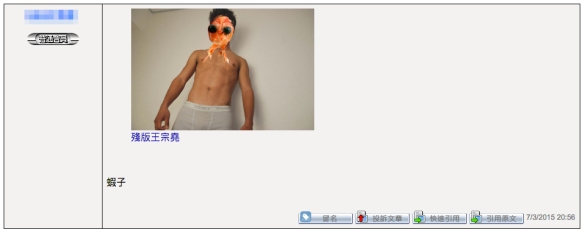
There was a whole conversation about the term on PTT – a bulletin board system that was (and still is) super popular in Taiwan. The original poster asked whether people would be happy or offended to be called a shrimp:

One of the funniest responses I saw was as below:

Person A: It depends on the level of shrimp head. Haha XD. And the category of shrimp is a little unclear.
Person B: If it’s at lobster level then maybe it’s no problem XD
I’m guessing “lobster level” suggests a buffer body and that if the body is that muscular then any kind of face is OK.
So this post was just a bit of fun and obviously everyone is beautiful in their own way – I just thought it was an amusing term I’d never heard before.

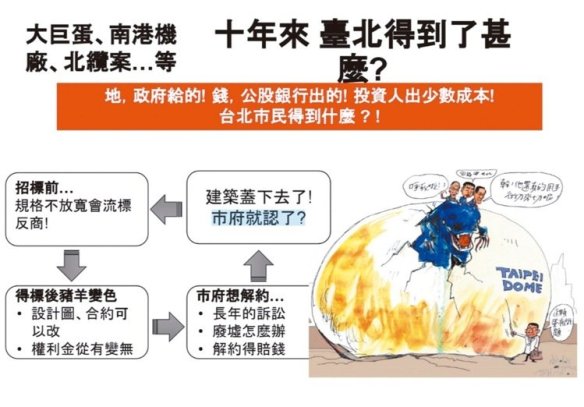

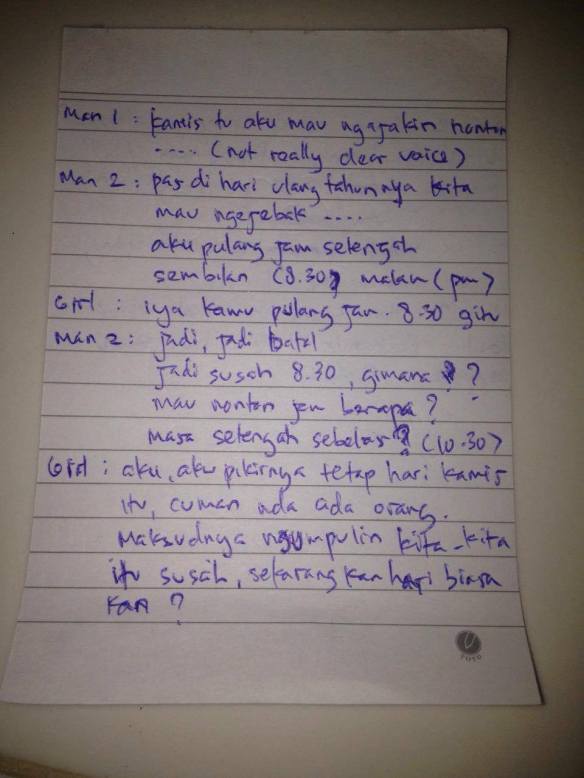
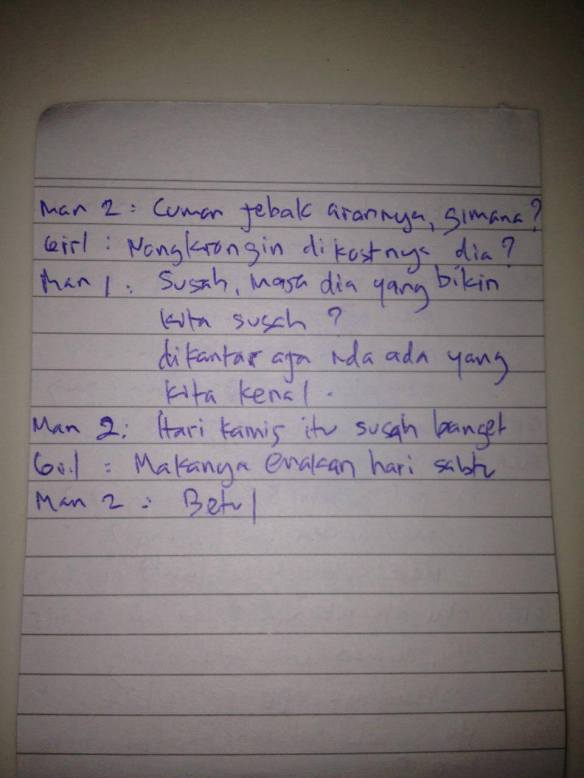
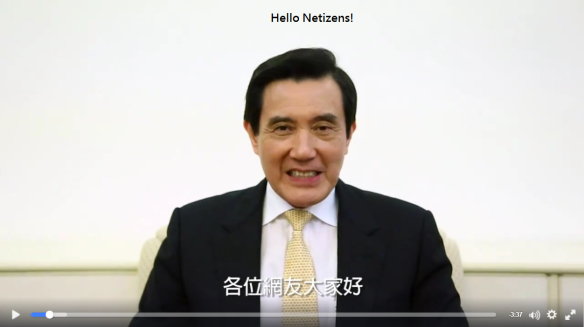
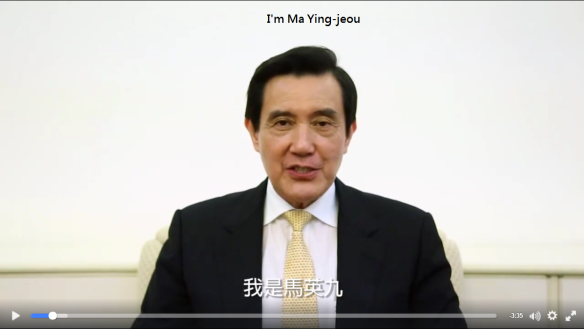
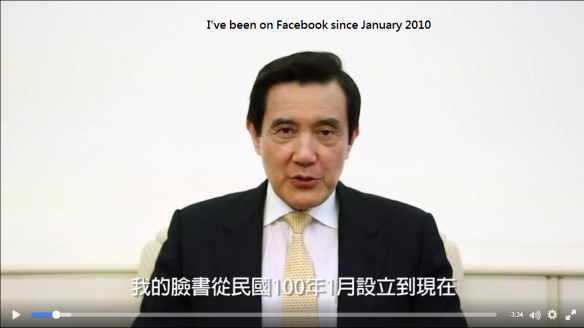
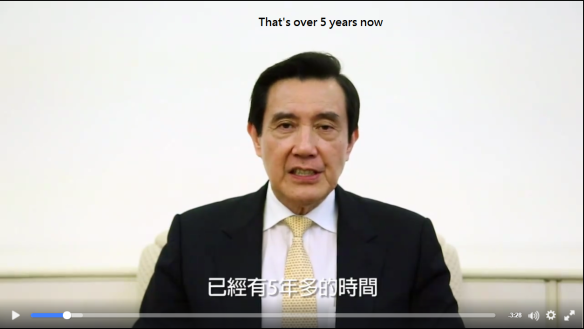
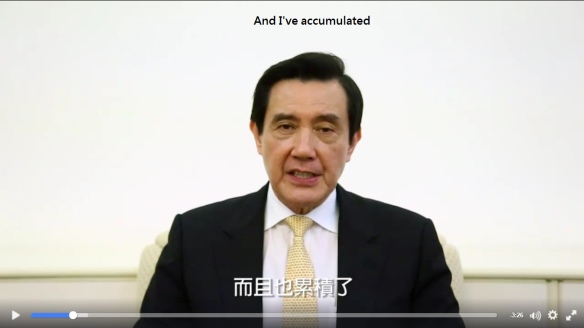
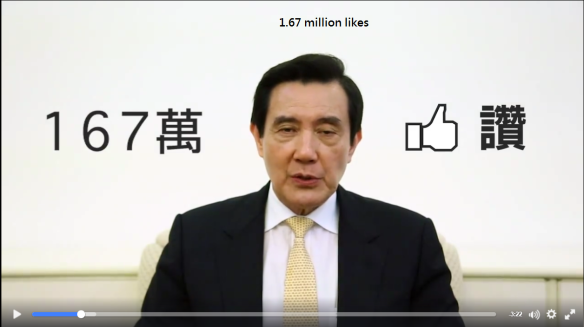
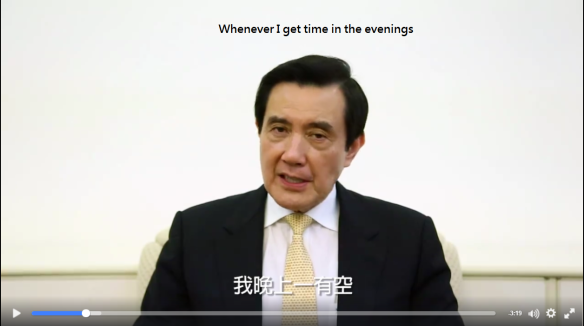
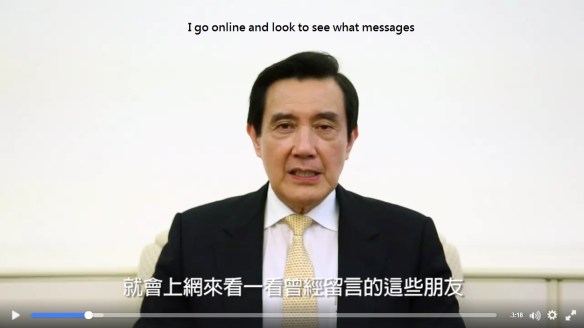
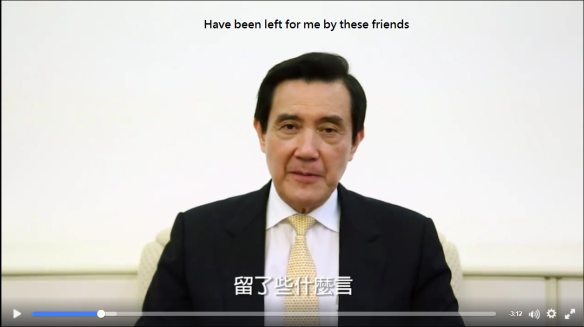
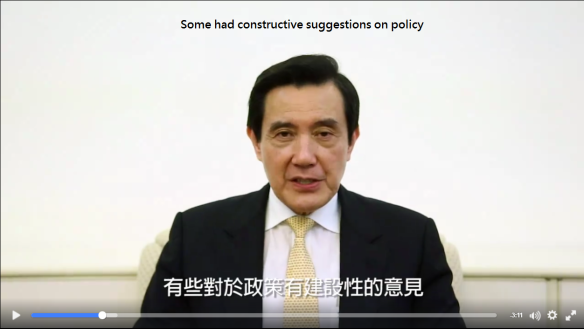
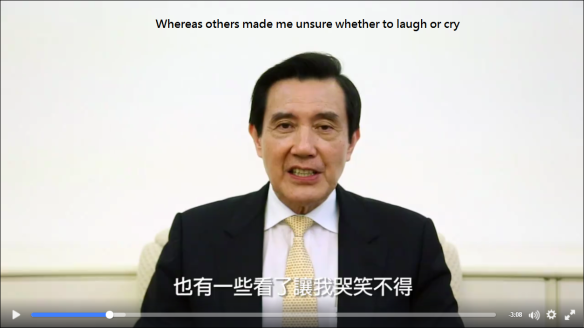
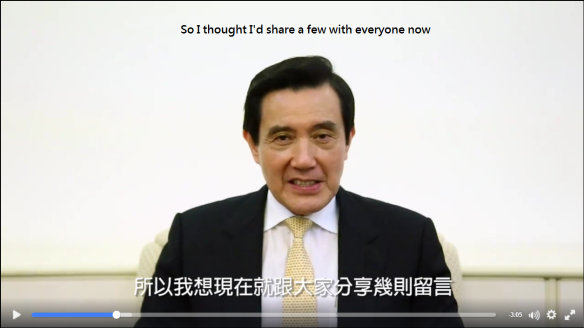
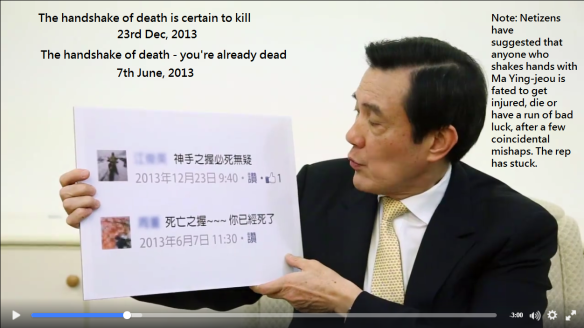
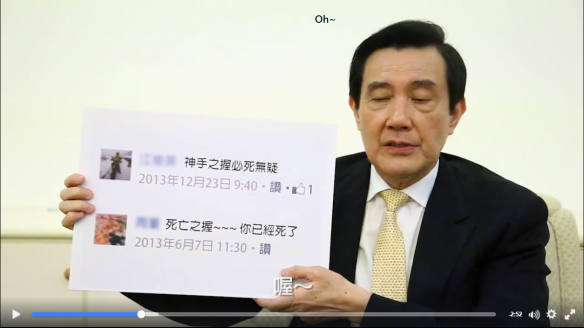
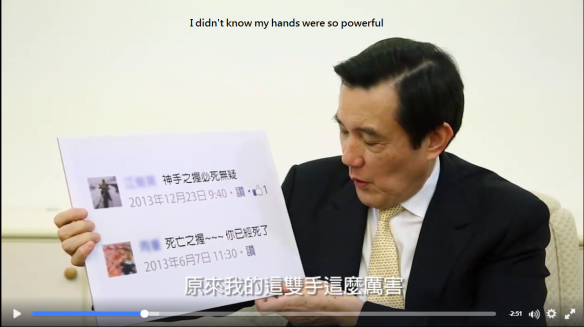
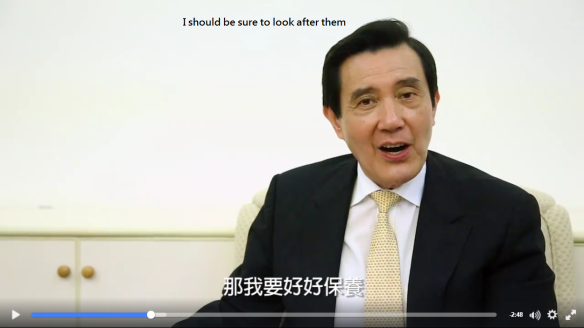
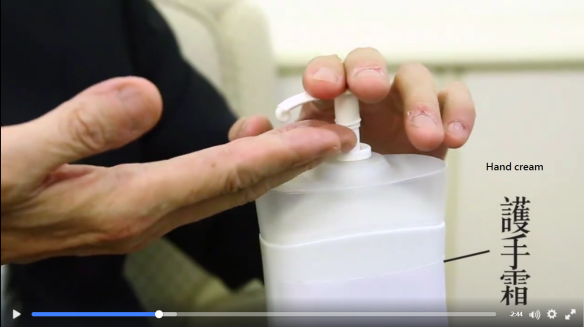
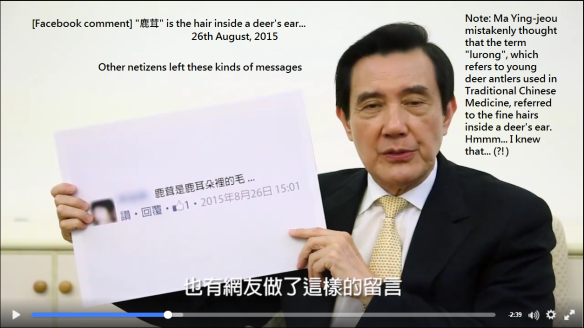
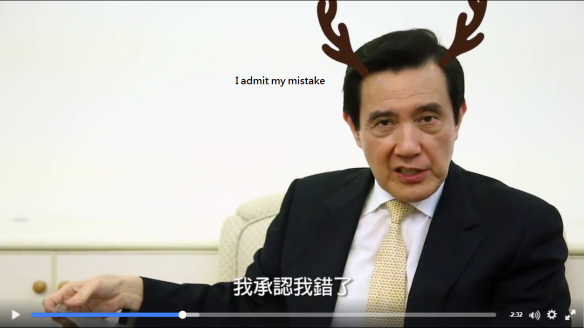
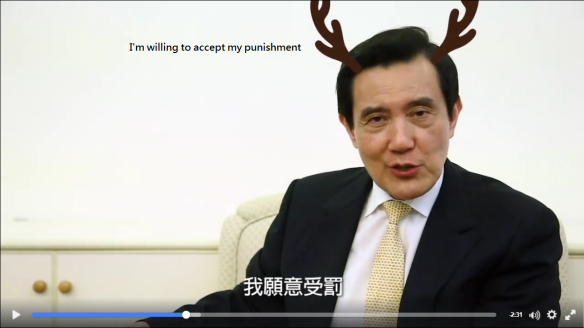
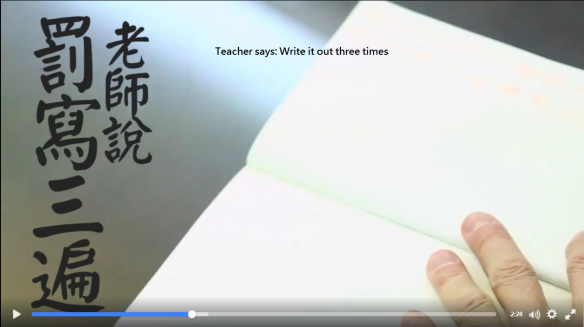
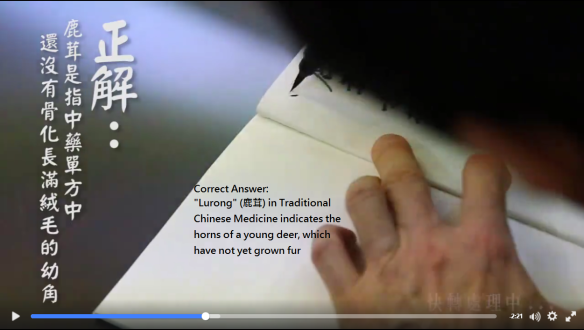
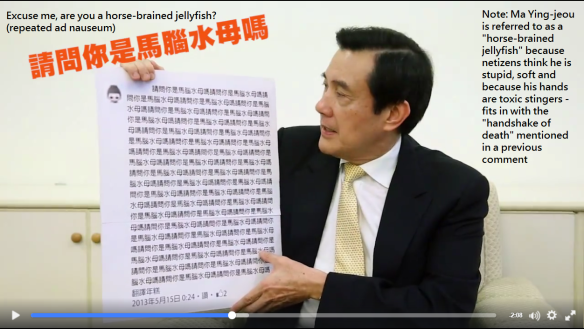
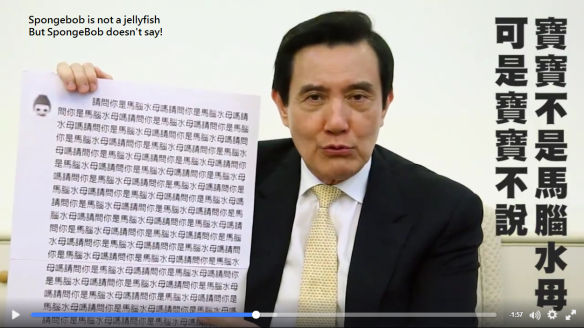
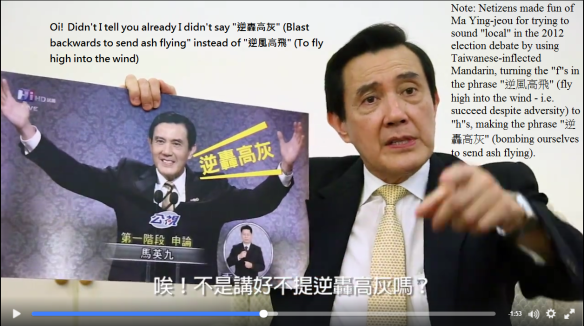
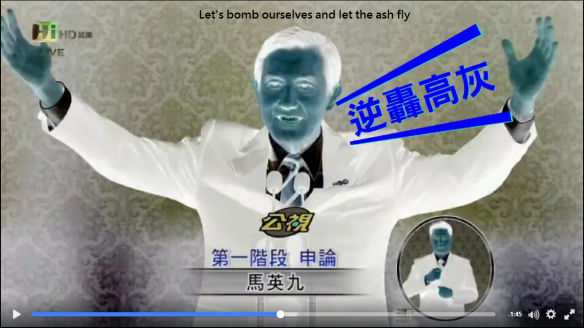
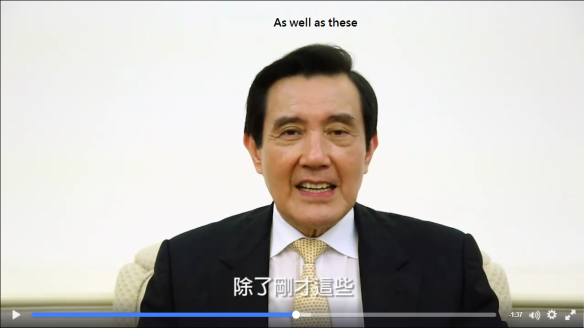
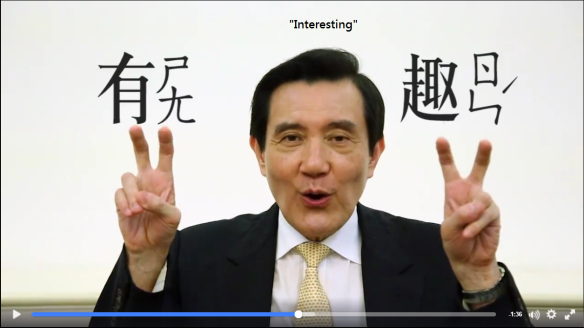
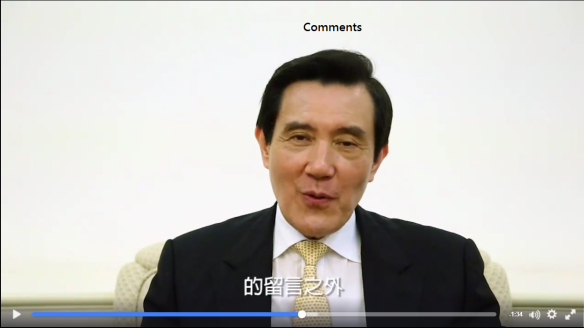
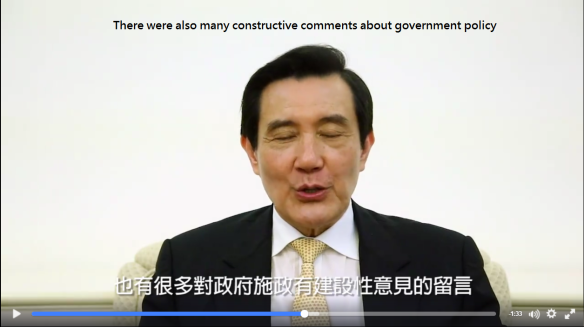
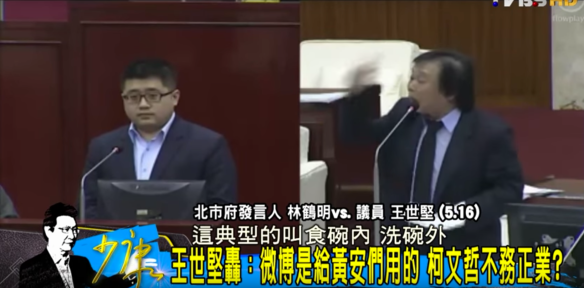 I don’t have a TV at home, so when I was recruited by a friend to wrap tamales at his house, I got a rare opportunity to watch some political talk shows, which are usually amusingly varied according to the political affiliation of the channel they’re broadcast on. This one from TVBS (relatively Kuomintang-leaning/blue), is called ‘The Situation Room’ in English and 「少康戰情室」 in Chinese. Footage from the Legislative Yuan is always a great opportunity to learn some Taiwanese of the shouty aggressive variety:
I don’t have a TV at home, so when I was recruited by a friend to wrap tamales at his house, I got a rare opportunity to watch some political talk shows, which are usually amusingly varied according to the political affiliation of the channel they’re broadcast on. This one from TVBS (relatively Kuomintang-leaning/blue), is called ‘The Situation Room’ in English and 「少康戰情室」 in Chinese. Footage from the Legislative Yuan is always a great opportunity to learn some Taiwanese of the shouty aggressive variety: